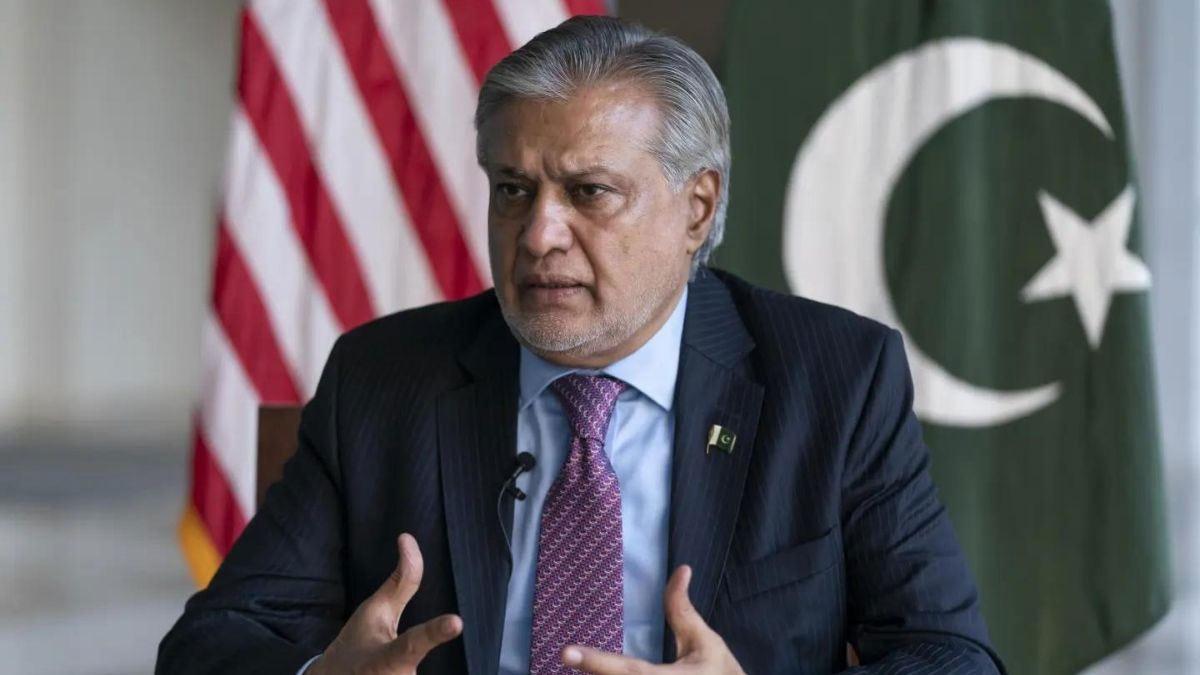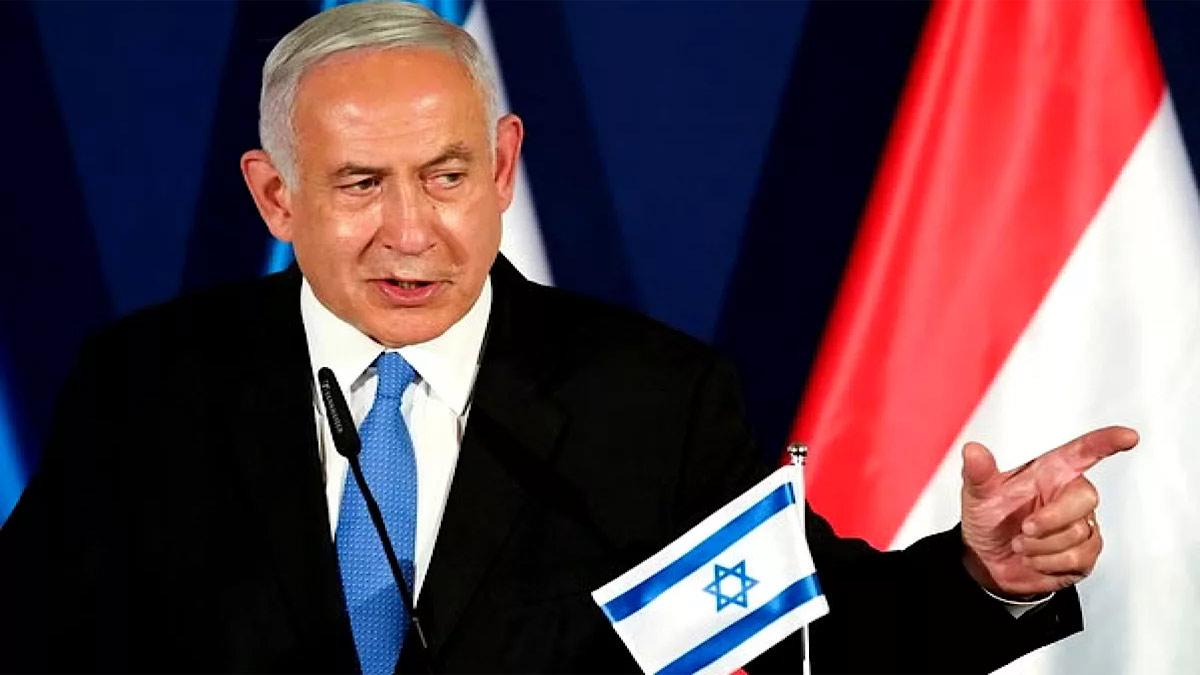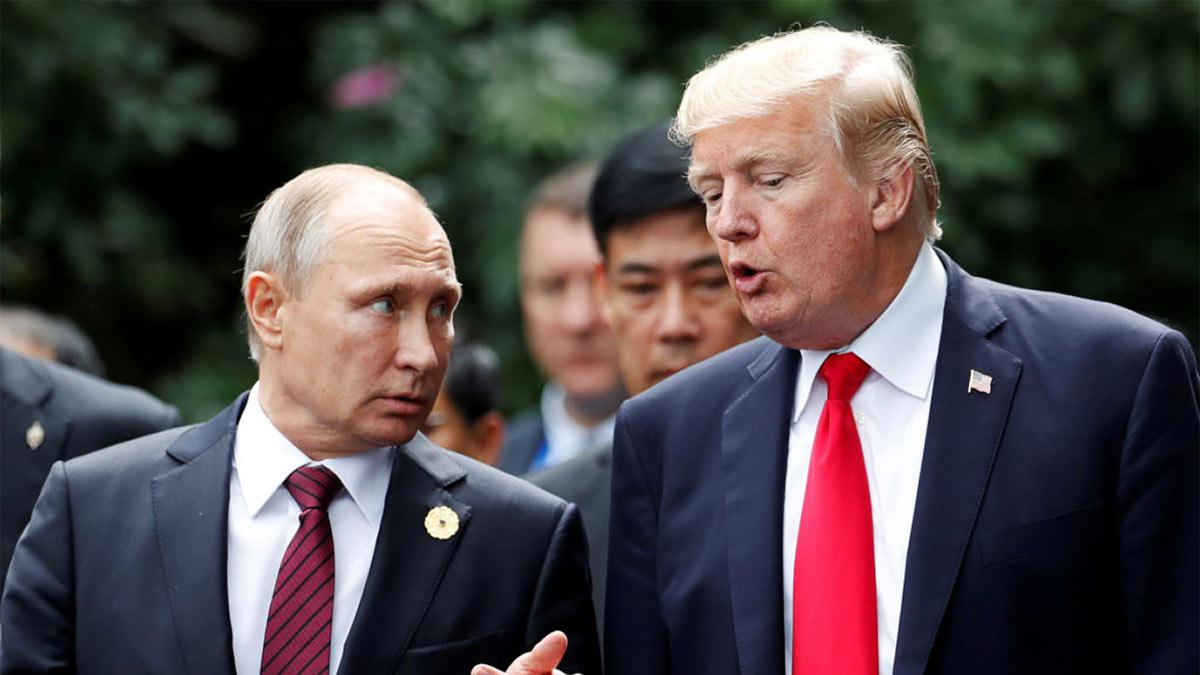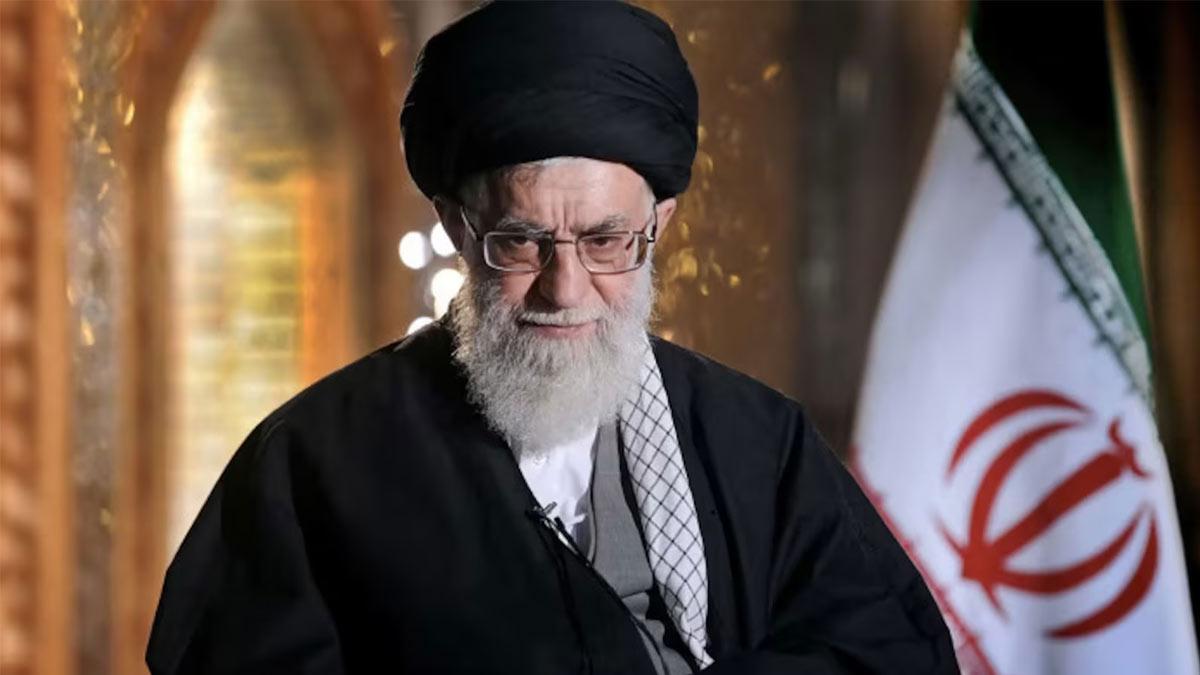Pakistan's Deputy Prime Minister, Ishaq Dar, has disclosed that the nation had to approach India for a ceasefire last month after two of its air bases situated in Rawalpindi and Punjab were attacked by Indian forces while carrying out Operation Sindoor.
This operation had been executed by India in response to the terror attack in Pahalgam that resulted in the death of 26 people.
In a television interview, Dar confirmed the Indian strikes on Nur Khan air base in Rawalpindi and the PAF Base Rafiqui in Shorkot, Punjab.
Pakistan then received diplomatic intervention from the United States as well as that of Saudi Arabia after the attacks.
Nur Khan air base is of great strategic importance, being used as a base for air force missions and a center for the transport of VIPs.
“…unfortunately, India once again launched missile strikes at 2.30am. They attacked the Nur Khan air base and Shorkot air base. Within 45 minutes, Saudi Prince Faisal called me. He said he had then just learnt about my conversation with (US Secretary of State) Marco Rubio. He inquired if he was allowed to speak with (India's External Affairs Minister) S Jaishankar and tell him that we are prepared if they (India) desist. I replied, "Yes, brother, you can." Then he called me back again, telling me that he had done the same with Jaishankar," Mr Dar said.
On the evening of May 7-8, India conducted Operation Sindoor, blasting infrastructure in nine known terror camps in Pakistan-Occupied Kashmir (PoK) and Pakistan, in retaliation for the April 22 Pahalgam terror attack in Jammu & Kashmir.
The action, however, dramatically escalated tensions between the two nations, leading to a series of military clashes. Indian troops, in turn, struck back hard at Pakistan retaliatory actions. Officials said the United States had already made contact with both New Delhi and Islamabad ahead of the crisis actually taking off. While publicly remaining on the sidelines, Washington is said to have issued Islamabad a stern instruction—to quickly utilize the official military hot line with India to de-escalate hostilities.
Sources report that the US "essentially instructed" Pakistan to make a direct approach to the Indian army, threatening not to delay further.
On May 10, following Indian troops' successful repulsion of a number of Pakistan's attacking movements, there was a breakthrough. At 3:35 pm IST, Pakistan's Director General of Military Operations (DGMO), Major General Kashif Abdullah, rang his counterpart in India, Lieutenant General Rajiv Ghai. This was later officially confirmed by Foreign Secretary Vikram Misri during a media address.
Both countries then committed to never resuming any military activities—on land, air, or at sea—with effect from 5 pm on the same day. Pakistan violated the accord just a few hours afterward.
The Nur Khan air base, situated midway between Islamabad and Rawalpindi—Pakistan's twin seats of political and military power—was visibly affected. Videos making the rounds on social media indicated that the facility was in flames after a huge explosion. Satellite imagery looked at by NDTV supported these assertions: while images on April 25 showed the base in one piece, images on May 10 showed that two trailer trucks—presumably command and control vehicles—had been destroyed by India's targeted missile attack. By May 17, more recent imagery revealed signs of Pakistan trying to clean up and rebuild the site.
In the meanwhile, PAF Base Rafiqui remains a key center for Pakistan air combat operations, with an inventory of sophisticated aircraft like the Chinese JF-17s, French Mirage 5 fighter jets, and Alouette III helicopters.
In another brazen confession, former Pakistani Air Marshal Masood Akhtar confirmed that Pakistan had lost one of its Airborne Warning and Control System (AWACS) planes in the Indian attack. In a Pakistani media interview, he confirmed that the high-value radar reconnaissance plane had been destroyed at Islamabad's Bholari air base due to one of India's accurate missile strikes.
Read also| White House: Trump Poised to Make Iran Decision Within 14 Days
Read also| Netanyahu Vows Retaliation as Iranian Missile Strikes Israel’s Largest Hospital


















